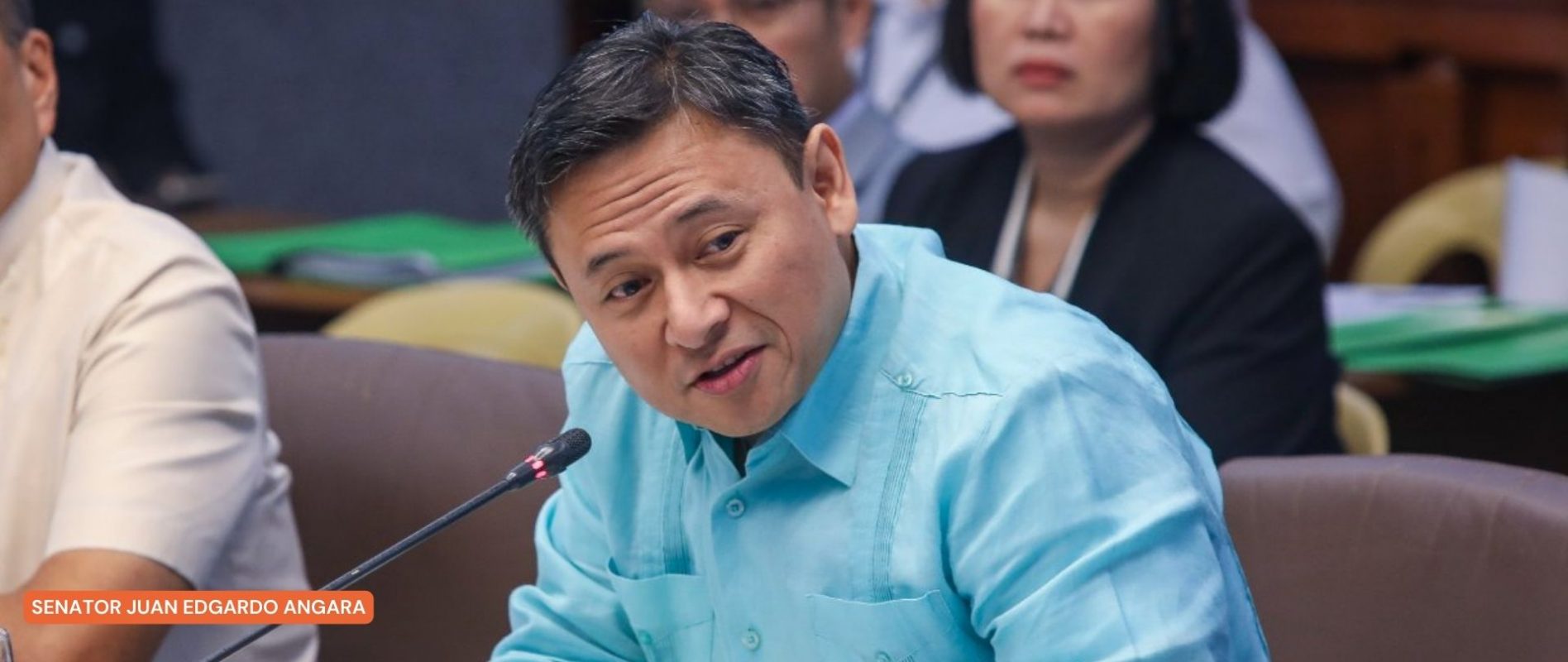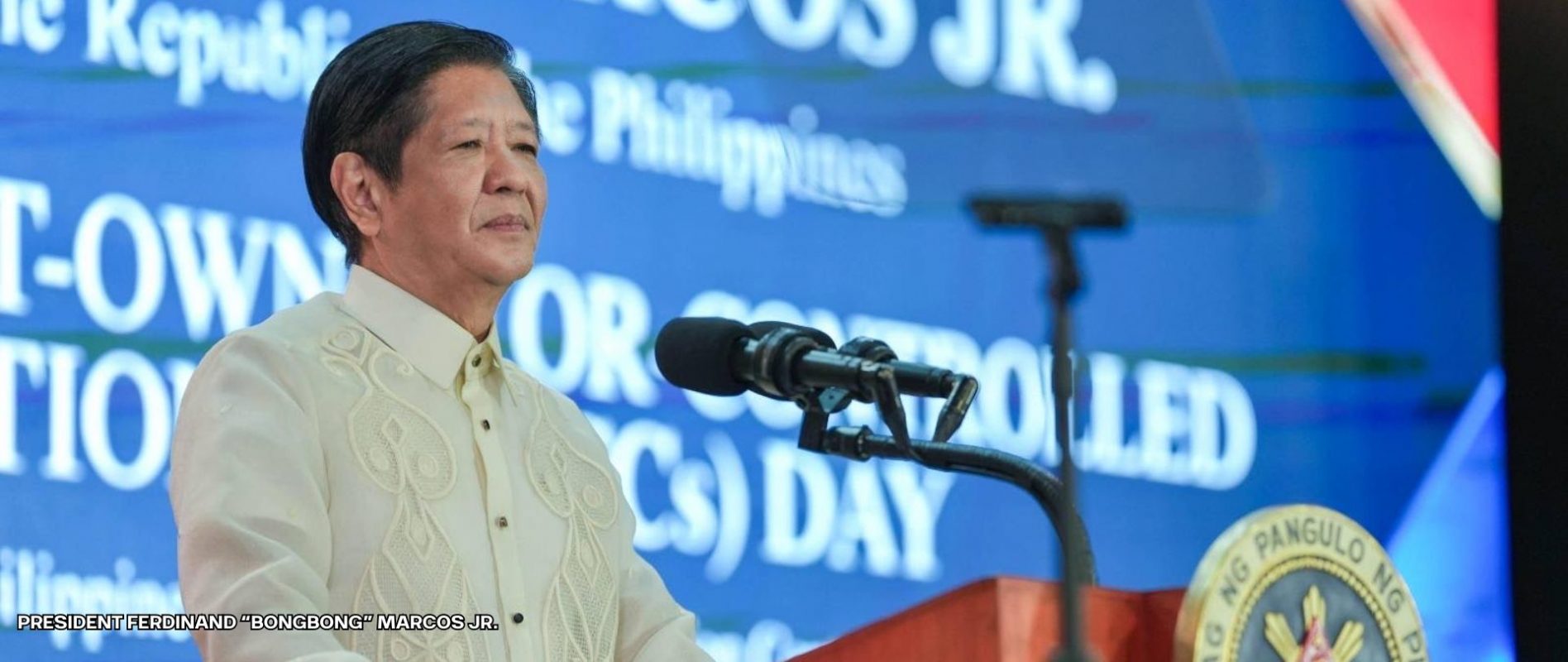SENATOR ASSURES FILIPINO CONTROL OVER BASIC EDUCATION
SENATE Subcommittee on Constitutional Amendments and Revision of Code chairman Juan Edgardo Angara on Tuesday gave his assurance in keeping basic education in the hands of Filipinos, highlighting the critical role of local schools and institutions in instilling values and shaping the youth.
SENATE Subcommittee on Constitutional Amendments and Revision of Code chairman Juan Edgardo Angara on Tuesday gave his assurance in keeping basic education in the hands of Filipinos, highlighting the critical role of local schools and institutions in instilling values and shaping the youth.
Angara stressed the significance of preserving this societal and public objective amid discussions regarding potential amendments to the constitutional provision on ownership of educational institutions.
“The intention is to keep basic education in the hands of Filipinos,” Angara affirmed.
Angara made the statement during Tuesday’s hearing on the Resolution of Both Houses 6, which centered on the proposed amendment to allow full foreign ownership of educational institutions.
In advocating for full Filipino ownership of basic education, Angara cited the perspectives of the late Commission on Human Rights Chair Chito Gascon, who served as the youngest member of the 1987 Constitutional Commission.
“As Gascon says in the records, Filipino schools and Filipino-owned institutions play a very important part in the instilling of values and the molding of Filipino youth,” Angara said.
Acknowledging the possibility of amending the constitutional provision, Angara emphasized the need to uphold Filipino control over basic education.
He noted the existence of a transnational higher education law, which allows a 60-40 ownership arrangement in favor of Filipinos, as implementing legislation for this constitutional provision.
“So I think we want to maintain that societal or public goal, and we’re looking at really, we’re considering the possibility of amending the constitutional provision, which currently allows a 60-40 arrangement,” Angara said.
Angara also called for greater precision in the language of any proposed amendment to the constitutional provision on ownership or management of higher education institutions.
He emphasized the need to clarify the scope of the amendment amid concerns about its potential impact on basic education.
“Before we amend or seek to amend the constitutional provision on ownership or management and control of higher education institutions, perhaps we should aim at greater precision in the language of the amendment,” Angara stated.
Angara addressed interpretations of RBH 6, expressing concern that some may have misunderstood its implications for basic education.














